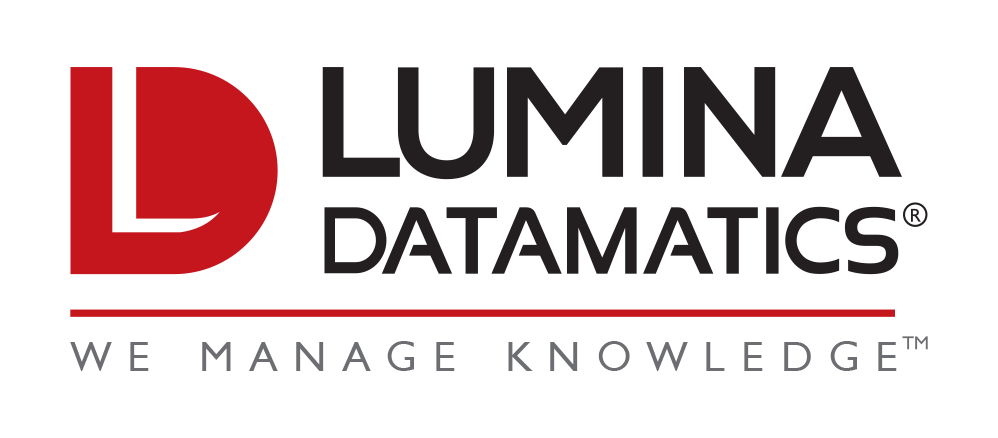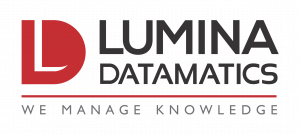In the United States, community colleges play a crucial role in higher education by meeting the challenges of educating some of the most disadvantaged students: low-income, first-generation, minority, and adult learners. In the past ten years, they have received special attention from society, especially on the grants they received from the U.S. government. Essentially, the debate rages over the role they play in higher education preparation, facilitating students with labor force skills and revamping developmental education for freshmen without college-level academic skills. In most community colleges, a majority of the credentials awarded are in occupational fields. In 2013, 67 percent of associate degrees and certificates awarded by community colleges were in occupational education. With all these come various challenges. Some of these are as follows:
- Choosing programs that have a market value
- Tracking learning outcomes through assessment and learning
- Consistent funding from the federal government
- Financial constraints
- Generating new talent
With the new Trump administration, changes have come in every institution, and education is not immune to these changes. Secretary of Education Betsy DeVos called for a “major shift” in higher education—one that prioritizes programs like apprenticeships over four-year college degrees. Four-year college degrees are expensive, and most students are bogged down in student debt, which takes a lifetime to pay off. Therefore, an embrace of new learning forms is essential to the future of student success. More importantly, it may serve as a way for community colleges to differentiate themselves from their four-year counterparts. By employing adaptive learning systems into their curriculum, they might be able to bridge the educational gap.
Adaptive learning is making inroads with students across the world. In the fall of 2015, bolstered by a $4.6 million grant from the Bill & Melinda Gates Foundation, the Association of Public and Land-grant Universities (APLU) offered a competitive grant opportunity for its 237 member universities that want to advance personalized learning, use technology for proactive advising, and accelerate degree completion rates. Some of the universities that have benefited from this program are Arizona State University, Colorado State University, Georgia State University, Northern Arizona University, Oregon State University, Portland State University, and the University of Mississippi. With the aid of student performance analytics, educational institutions can collect tangible evidence of student thinking and learning.
Adaptive learning technology can transform student learning by providing students with self-paced, individualized learning experiences. Learning environments with adaptive technology can support the learner in new ways. Every student is given the time to master a subject, rather than being bound by a certain number of hours every week or month. A recent study suggested that colleges employing an adaptive learning environment that integrated assignments, grading, and course content saw a 15 percent increase in the number of students that earned As and Bs. Another study showed a 27 percent pass-rate increase, a 9 percent retention increase, and a 10 percent rise in final grade average.
Another added benefit is that the day-to-day costs do come down for students. For instance, consider North Carolina’s Central Piedmont Community College (CPCC). They estimate that students were spending over $60 for lab books per semester, and with adaptive learning technology, those costs were slashed to $25 per semester. With costs like these, it is no wonder that other educational institutions are taking note. Under a new state contract being finalized with Northwest Evaluation Association of Portland, Oregon, all 245 Nebraska school districts would be able to use, at no cost to them, an adaptive computer test called Measures of Academic Progress.
More and more publishing services providers, content creators, and educators are investing in creating a smart adaptive test to provide better insights with artificial intelligence. They can search, select, administer, and score test questions based on a student’s multiple skills and abilities. The testing process is shorter, scores are more accurate, and decisions are more efficient than ever before. With these platforms, they can reduce the cost of item development and create a vast pool of psychometrically valid questions that will improve student performance.
So, in short, adaptive learning can bring assessment costs down for students and educational institutions, measure student performance effectively, and provide a better learning experience for both teachers and their pupils. With innovative learning technology, community colleges can usher in a new age of students ready to take on life’s challenges in every possible way.
Sources:
- https://ccrc.tc.columbia.edu/media/k2/attachments/reforming-american-community-college-promising-changes-challenges.pdf
- https://www.usnews.com/news/education-news/articles/2017-11-14/devos-calls-for-major-shift-in-higher-education
- https://www.edsurge.com/news/2017-02-28-with-adaptive-tech-students-are-saving-money-and-learning-more
- Image Credit: Freepik/Pexels




Thank you ever so for you blog.Much thanks again. Cool.
Can you be more specific about the content of your article? After reading it, I still have some doubts. Hope you can help me. https://www.binance.com/lv/register?ref=IQY5TET4